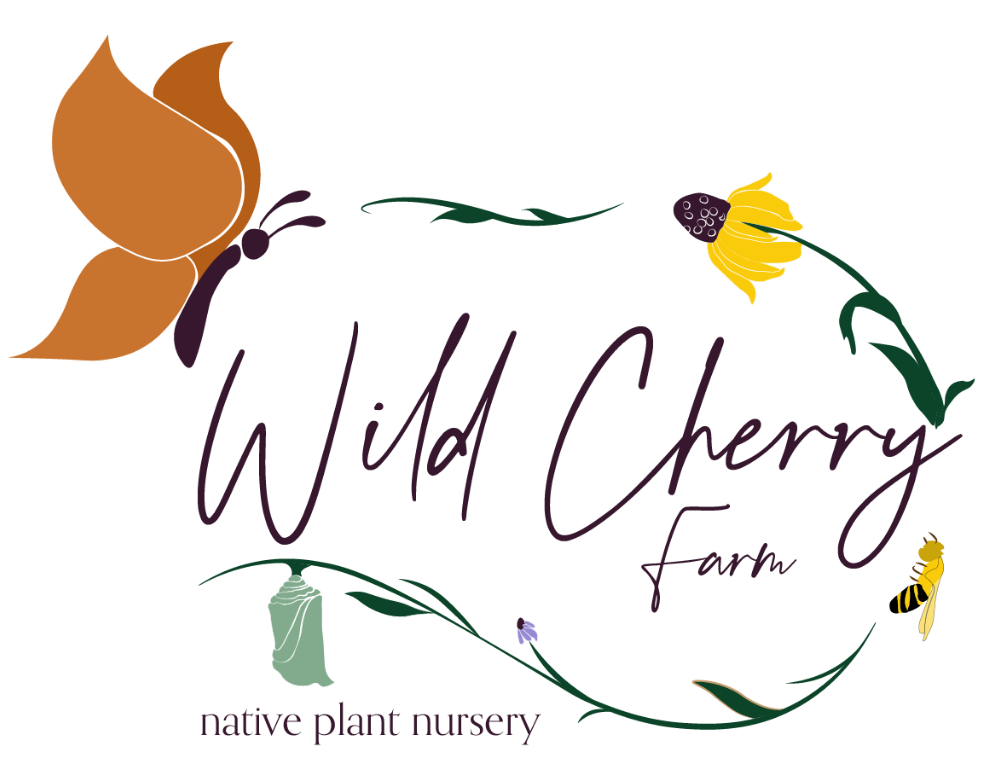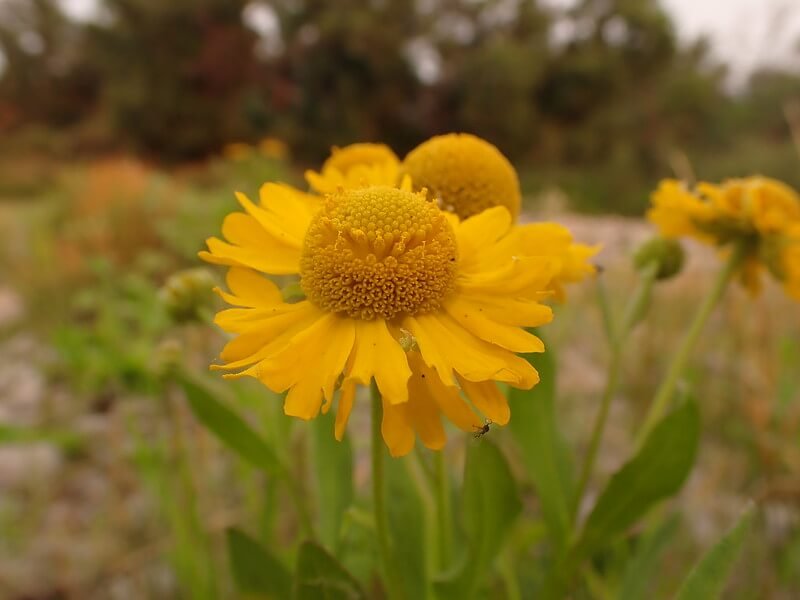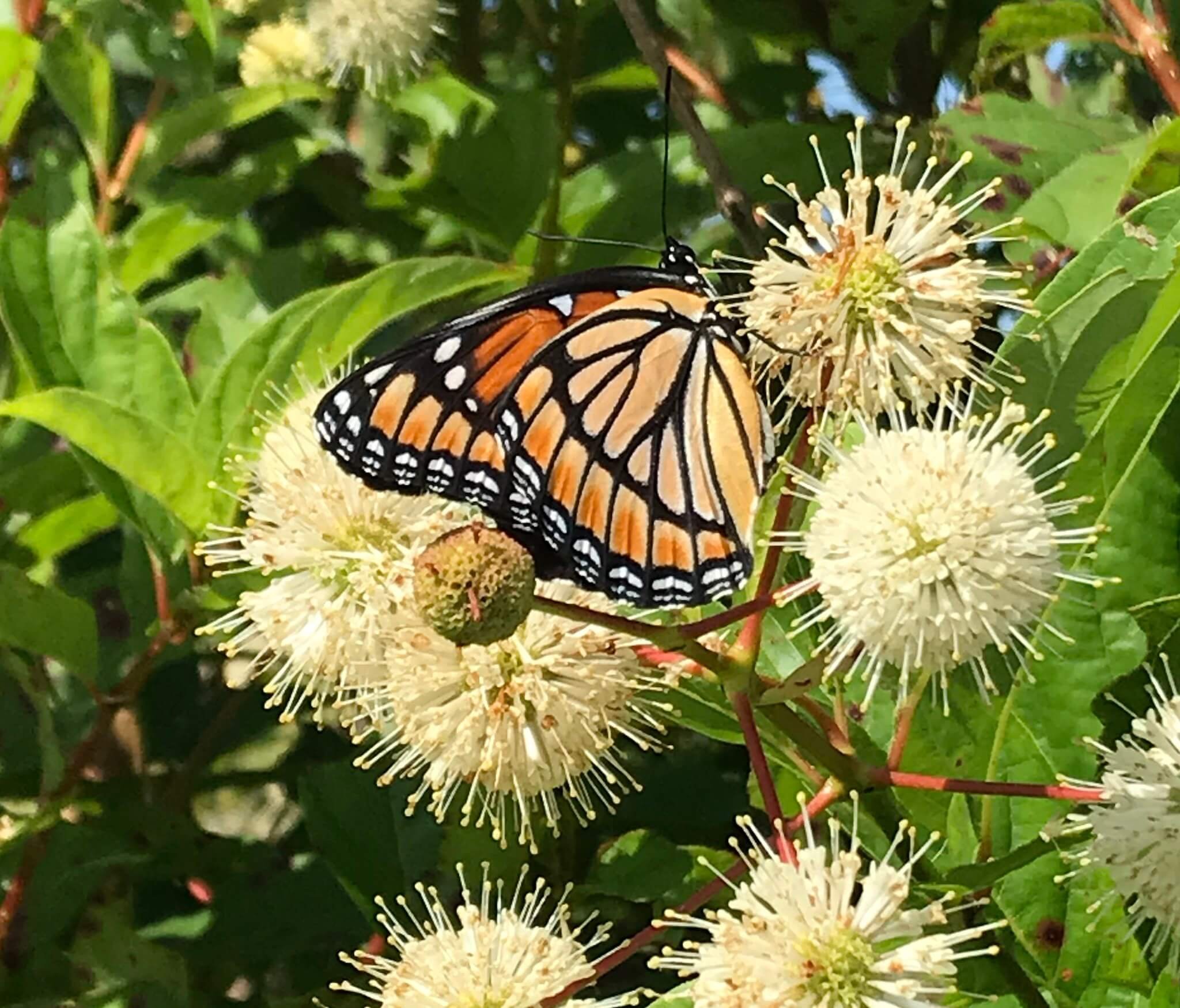Cinnamon Willow Herb (Epilobium coloratum)
Cinnamon Will Herb flowers are small but abundant, providing nectar and pollen for bees in late summer (Johnson and Colla, 2023). It is also a host to 28 species of butterflies and moths in our area (nwf.org), possibly including the species of concern Yellow-Banded Day-Sphinx (mnfi.anr.msu.edu).
Photo credit: Frank Mayfield
Cinnamon Will Herb flowers are small but abundant, providing nectar and pollen for bees in late summer (Johnson and Colla, 2023). It is also a host to 28 species of butterflies and moths in our area (nwf.org), possibly including the species of concern Yellow-Banded Day-Sphinx (mnfi.anr.msu.edu).
Photo credit: Frank Mayfield
Cinnamon Will Herb flowers are small but abundant, providing nectar and pollen for bees in late summer (Johnson and Colla, 2023). It is also a host to 28 species of butterflies and moths in our area (nwf.org), possibly including the species of concern Yellow-Banded Day-Sphinx (mnfi.anr.msu.edu).
Photo credit: Frank Mayfield
Life Cycle: Perennial
Sun Exposure: Full
Soil Moisture: Wet, Medium-wet, Medium
Height: 1-4 feet
Plant Spacing: 1-1.5 feet
Bloom Time: July-September
Bloom Color: Pink
Advantages: Caterpillar Favorite, Pollinator Favorite
Host: 28 species of butterflies and moths use this as a caterpillar host plant in our area (nwf.org)
Beneficial for Endangered or Threatened Species: Possibly the Yellow-banded day-sphinx (Proserpinus flavofasciata) (mnfi.anr.msu.edu)
Resource: Johnson, Lorraine, and Sheila Colla. A Northern Gardener’s Guide to Native Plants and Pollinators: Creating Habitat in the Northeast, Great Lakes, and Upper Midwest. Island Press, 2023






